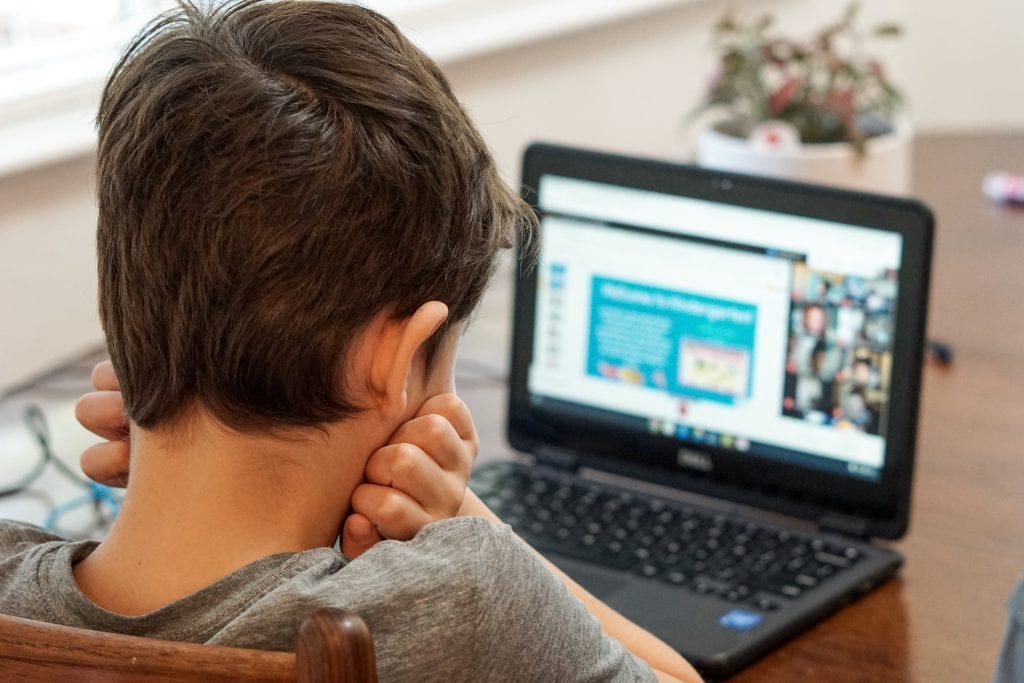
As distance learning commences this fall and parents again take on the role of teacher and facilitator, myriad issues will emerge. Managing daily logistics and keeping children motivated and engaged are among the enormous tasks that parents must take on. The distance-learning model is imperfect and fraught with complexities and shortcomings. Nonetheless, it must be implemented with as much structure and commitment as is possible.
On the list of things for parents to contemplate as they support their students is how to treat lessons on topics that they find controversial. How do parents deliver a lesson about which they have strong opinions? How do they convey concepts that are multilayered, emotional or even triggering?
There is really only one answer: mindfulness. Parents should decide upfront to provide a learning environment that is objective and allows for the delivery of inclusive, robust information. The job of a parent in this unique circumstance is to be a conduit for the learning process. The goal is for parents to deliver information in an objective, informative, neutral method. Thus, parents should work to ensure that all perspectives are shared.
This broad approach paves the way for children to exercise critical-thinking skills. A critical thinker is a powerful, influential being. A critical thinker takes in all information and mobilizes informed opinions over time. A critical thinker is not easily swayed by outside opinions and influences. A critical thinker is thus poised to contribute to important change in the world. Parents should not interrupt this formative and formidable process.
It is of course important and expected that parents seek to influence their children. After all, that is an important part of the job of parenting. Parents endeavor to impart their philosophies, beliefs, opinions and ethics to their children in an effort to guide them into a path that is fruitful, productive and noble. this approach is not meant to shut down dialogue between parents and children about complicated topics. It is meant to make that dialogue productive.
First, parents should provide information on the topic at hand in an objective manner. Then parents can create an open and relaxed environment to provide their own perspective and elicit that of their children. This feedback loop allows children to process complex information and form questions, ideas and opinions. Parents should seek to expand, not narrow, the way in which their children consider complicated issues and events. If children develop the ability to think critically, it will enhance their ability to move through social, professional and academic situations with confidence and influence.
It is true that if children are guided to think for themselves and to challenge the status quo and even their parents, they might form different opinions than their parents about important topics. Parents have to be prepared for this possibility. It is the job of a parent to raise a free-thinking, separate individual.
Thus, approaching controversial distance-learning lessons with an unbiased style not only facilitates a more robust learning experience, it also contributes to the development of a diagnostic, analytical and searching mind. In today’s complex world, this potential outcome renders the endeavor quite worthy.
Dr. Hillary Goldsher is a clinical psychologist based in Beverly Hills.
























